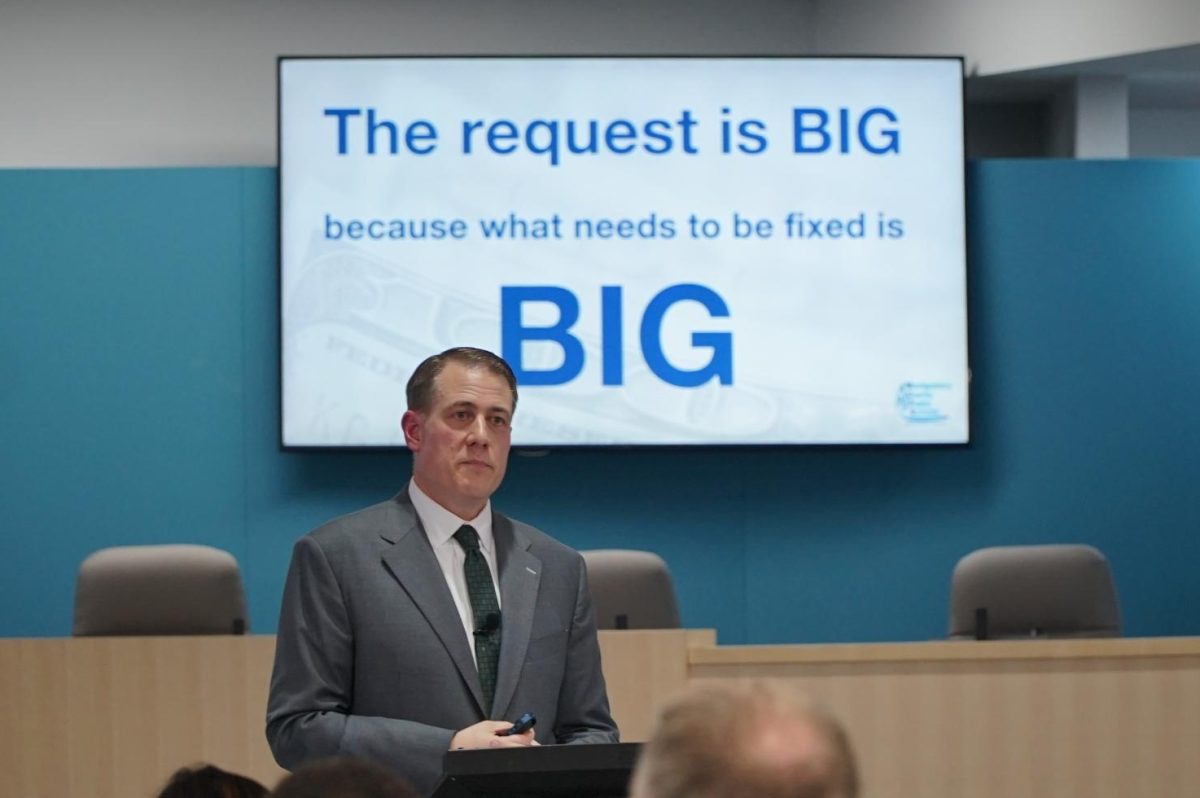Maryland is looking to set a new nationwide standard for minimum wage in 2019, with the State Senate approving a measure to raise minimum pay to $15 an hour. This comes after a national effort by Democrats in the Senate to try and double the federal minimum wage from $7.25 an hour to $15 an hour in January.
Maryland Governor Larry Hogan has called for a more moderate increase to $12.10 in the past. However, the support for a minimum pay raise holds widespread support in the Maryland House of Delegates and Senate, who overturned the veto Hogan issued on March 27.
Maryland currently holds the thirteenth highest minimum wage in the U.S. at $10.10 an hour, and D.C. tops the list at $14 an hour. Labor unions, advocacy groups and some business owners point to the increased cost of living in Maryland as reason for a higher accommodating minimum wage.
“For small businesses to survive and thrive in competition with large corporations and online companies with fast delivery, we’ve got to give them a reason to come into our stores and keep buying from us,” Alissa Barron-Menza, president of Business for a Fair Minimum Wage said. “That depends heavily on customer service, which depends heavily on employees that can afford to stick around and work for our businesses.”
Opposition to the bill stems mainly from Republican lawmakers, along with some business owners and lobbyists, who believe the legislation will shrink Maryland’s economy and cause a loss of thousands of jobs, per Governor Hogan.
“I am extremely concerned a dramatic and geographically disproportionate increase in our minimum wage will negatively impact our competitiveness and harm our state’s economy,” Hogan said. “It’s estimated that this action would result in the elimination of 99,000 jobs for the very people who desperately need them the most”.
The bill calls for a gradual increase in pay, increasing the minimum wage to $11.00 by 2020, followed by 75 cent raises each year until 2025, when it would reach $15.00. WJ senior Anthony LaCola feels that increasing the minimum wage would hurt economic productivity, although lawmakers are trying to sell the bill as doing the opposite.
“It would raise the cost of living even more and inflate housing prices. Also, it would put pressure on small businesses and force them to either lay workers off or cut their hours,” Lacola said. “Unemployment will rise due to the higher cost of hiring workers.”
Although WJ students would remain unaffected by this bill until 2020 when most of the school’s working population will have graduated, some are enthusiastic about the prospects of a higher minimum wage, such as junior Kaliah Alford, who began working at Foot Locker recently.
“The minimum wage in Maryland is good in that you can make enough to support yourself,” Alford said. “Of course raising it would only improve conditions, but at the current rate success is possible.”








